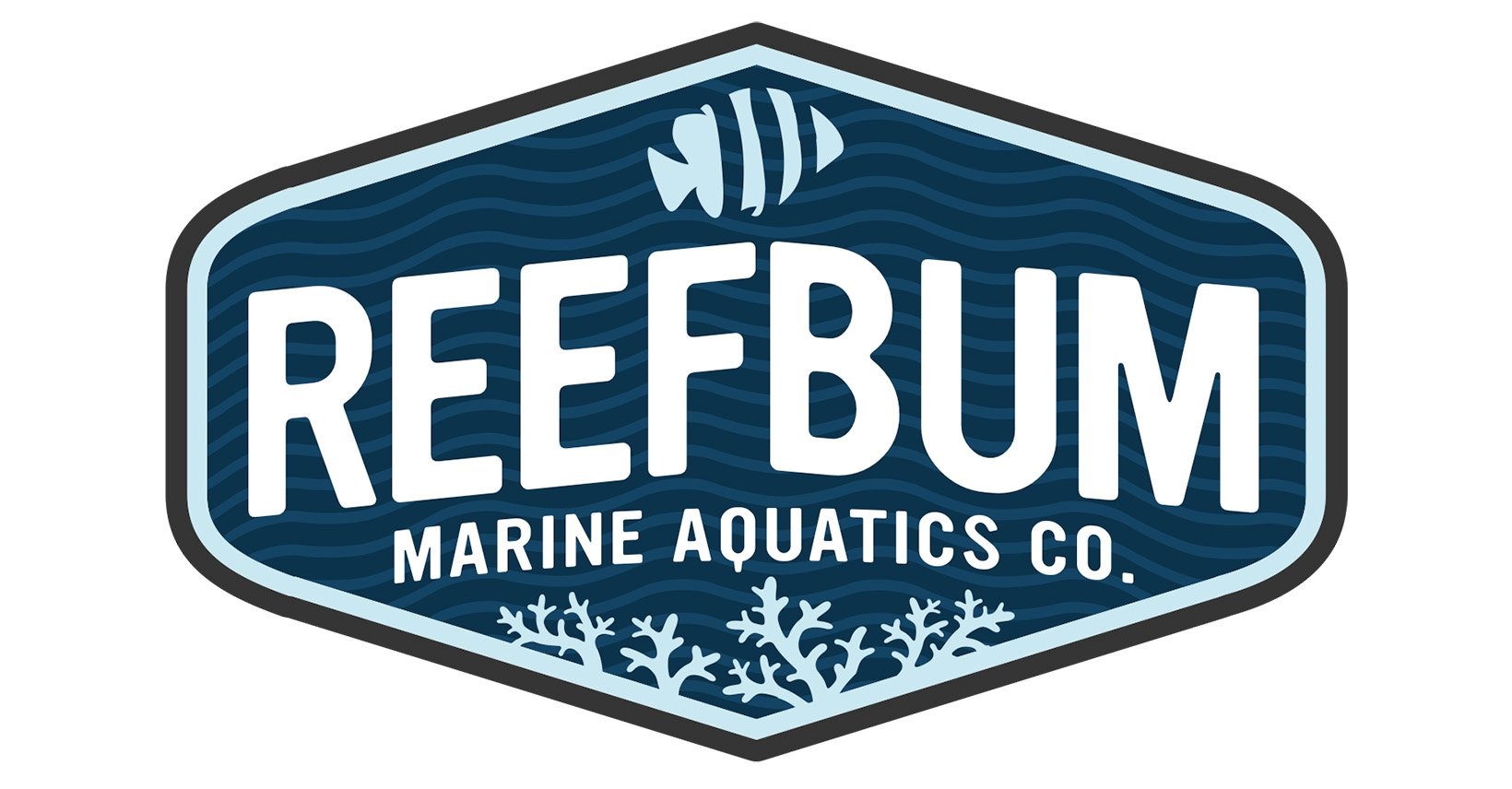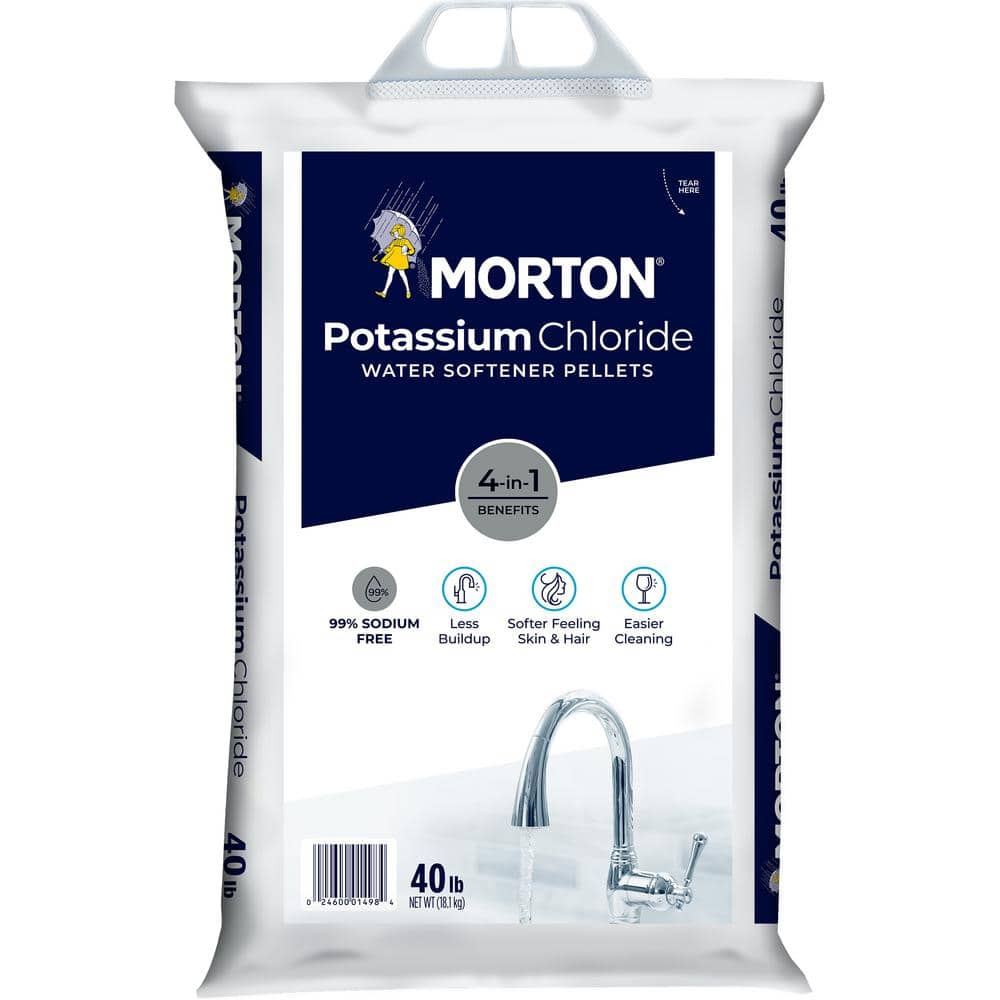Turkeysammich
Moderator
You know I’ve heard about this dip but I just kinda dismissed it. Like how good can it be. All dips are extremely similar right ?
NOPE. this dip is the Bomb. So much stuff comes off of the coral. And it’s extremely cheap, buy it once and you’ll be set for your life. It’s not toxic, it’s clear so you can see what’s coming off, unlike Bayer. You can’t over mix it. It’s available almost at all Home Depot.
So what is it ???? Potassium Chloride. It’s water softener salt. It’s 40 dollars for 40lbs. Here’s the link to reefbum.

 www.reefbum.com
www.reefbum.com
Here’s the link to Home Depot

Trust me. It’s really good. Yes that good. And I’ve tried a lot of dips over the years. I’ve dipped all kinds of corals. Not just sps.
Oh when done dipping just put the coral back into the display. No need for a rinse dip.
Btw. It’s not an irritant like most dips. This dip kills stuff. Thus making it different from other saltwater aquarium dips.
@Darkxerox Thomas knows a lot more than I do about how it kills.
NOPE. this dip is the Bomb. So much stuff comes off of the coral. And it’s extremely cheap, buy it once and you’ll be set for your life. It’s not toxic, it’s clear so you can see what’s coming off, unlike Bayer. You can’t over mix it. It’s available almost at all Home Depot.
So what is it ???? Potassium Chloride. It’s water softener salt. It’s 40 dollars for 40lbs. Here’s the link to reefbum.

Another Option for an AEFW Dip - ReefBum
Potassium chloride (KCL) is a great dip for AEFW. It is not hazardous to humans like the Bayer dip and it is a clear solution, allowing you to see AEFW.
Here’s the link to Home Depot

Morton Salt 40 lbs. Water Softener Salt Pellets Morton Potassium Chloride 1498 - The Home Depot
The Morton Salt 40 lb. Potassium Chloride Water Softener Salt Pellets is 99% sodium-free and reduces chlorides. It offers essential plant nutrient potassium to the ecosystem. It is suitable to use with
www.homedepot.com
Trust me. It’s really good. Yes that good. And I’ve tried a lot of dips over the years. I’ve dipped all kinds of corals. Not just sps.
Oh when done dipping just put the coral back into the display. No need for a rinse dip.
Btw. It’s not an irritant like most dips. This dip kills stuff. Thus making it different from other saltwater aquarium dips.
@Darkxerox Thomas knows a lot more than I do about how it kills.
Last edited:



